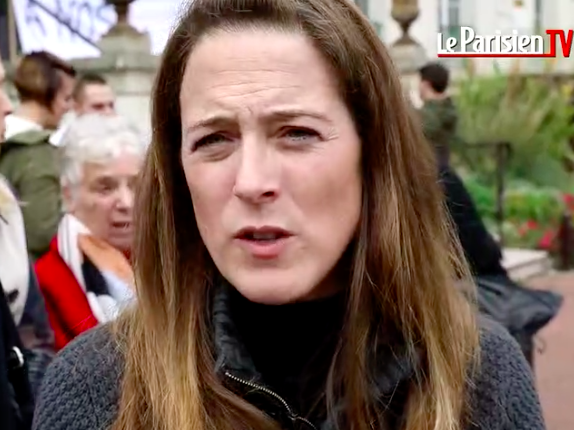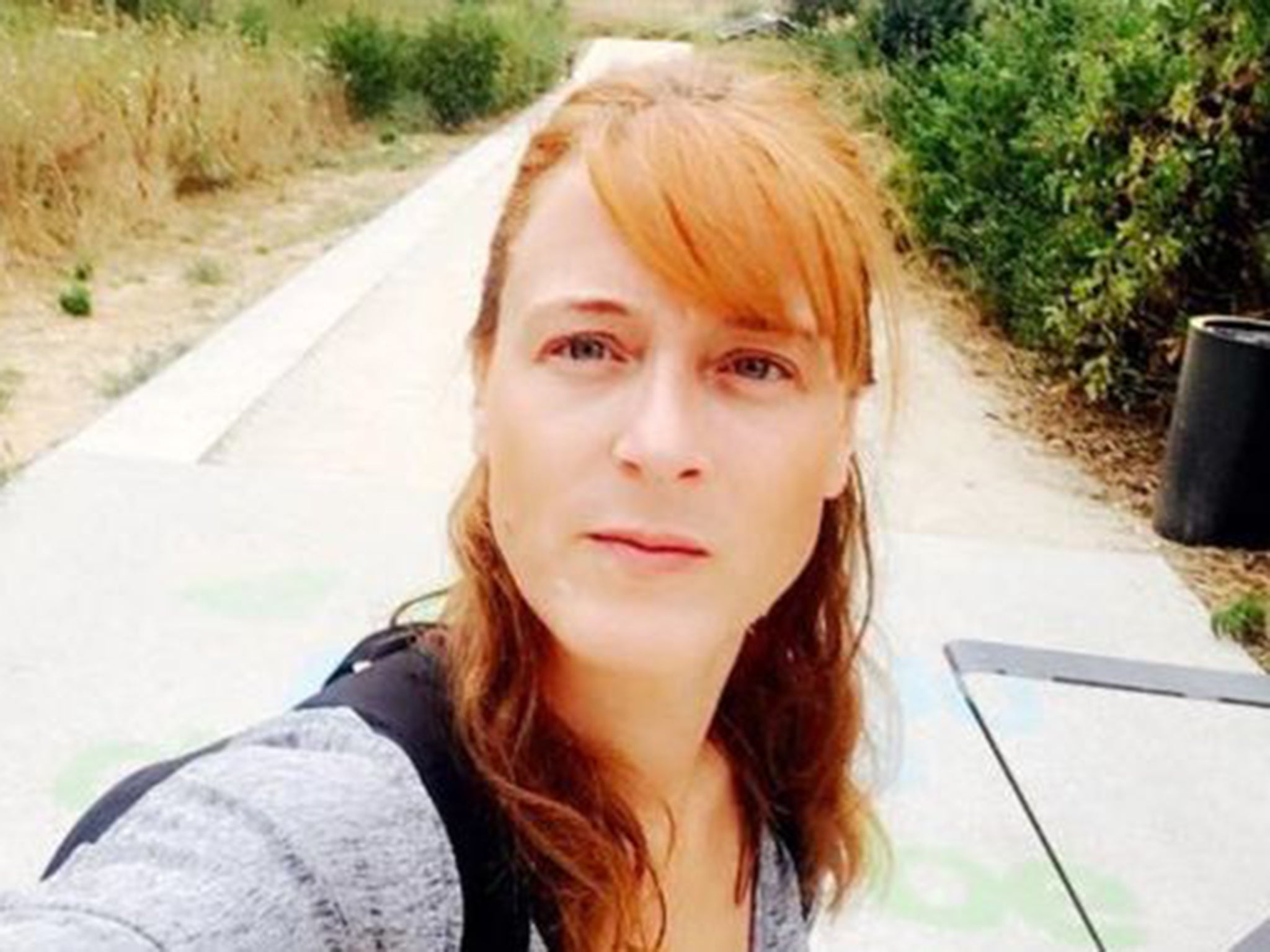Maggy Biskupski: Leader of France’s ‘angry police’ campaign
She demanded respect and resources to stem suicides among colleagues but was perceived by critics to veer far right

Maggy Biskupski, who has died aged 36, was an outspoken advocate for the welfare of fellow police officers in France.
In 2016 she was named president of the movement of “angry police” officers, known as the MPC (Mobilisation des policiers en colère), which she founded with her colleague Guillaume Lebeau.
A key concern of the MPC was the mental health of officers, with dozens taking their lives every year. In the first 10 months of 2018, the group reported 29 suicides.
The MPC also set out to combat “anti-cop hate”. The organisation was set up following a wave of protests after four officers were attacked with a molotov cocktail in Viry-Chatillon to the south of Paris – two officers were badly injured.
With the rank and file feeling underrepresented by police unions, the MPC swiftly grew in popularity, pushing strongly on social media.

Biskupski, the MPC’s figurehead, juggled a tight schedule of media appearances with her duties in uniform, and claimed that policing was in a state of decay, with underfunding, understaffing and a lack of resources all taking their toll on morale.
In September, the morning after a heated debate on national TV, she said: “I got used to sleeping with a weapon. I’m a single woman in the Parisian area, my job constantly exposes me and... people don’t hesitate to hit a cop, even when we’re not wearing our uniforms. We’ve reached a point where the administration is not looking out for us.”
She added: “There’s a saying that you’re a cop 24/7, it’s kind of true. And when you’re at work and things are not right, you can’t go home with a smile, happy, as if nothing is happening. It has an impact on your family life, and slowly everything gets worse and worse until, at one point, you feel like dropping the ball and then you do the irreparable.”
In a sad twist, Biskupski became the latest French police officer to take her own life.
Frédéric Ploquin, a journalist who led a two year investigation into the difficult conditions of the police, and who interviewed Biskupski extensively, said the police officer slept very little between her political activism during the day and duties during the night.
Biskupski became associated with the far right – although she claimed not to be politically aligned and failed to renounce an early endorsement of her campaigning by Front National leader Marine Le Pen.
Along with her colleague Guillaume Lebeau, she had been under investigation by a police watchdog over possible breaches of neutrality. When asked about this, she said: “We’ve reached a point where, us cops, we no longer feel useful. So when I meet the IGPN [the police watchdog], I’ll hold on tight.”
Biskupski was born to a Polish immigrant father and a French mother in the commune Charleville-Mézières, capital of the Ardennes in the northeast of France, in 1982. She often described herself as a country girl who had a peaceful childhood.
In 2005, aged 23, she watched a TV show called (Five Women in Police Academy) and decided to quit her job as an office assistant to follow her childhood dream of joining the force.
“It had always been on my mind, I always had a tomboyish side,” she said.
Five years later she had joined the BAC (anti-crime brigade), a unit which focused on tackling drug trafficking in urban areas. She was the only female of a 10-strong team working from 9pm to 5am.
Heavily armed, the usually plainclothed BAC officers are trained for speedy high-risk interventions.
Responding to her death, Laurent Wauquiez, president of The Republicans, a centre-right Gaullist party, said: “She is the symbol of the police down to the last ounce of strength. We didn’t know how to protect her.”
Last week, a thousand people paid tribute to her in a silent march in Paris, joined by her parents and politicians from across the spectrum. “One could not always agree with her,” said Christophe Castaner, France’s minister of the interior, “but she was committed to a cause – that of defending police officers.”
Maggy Biskupski, French police officer and campaigner, born 3 February 1982, died 12 November 2018
Join our commenting forum
Join thought-provoking conversations, follow other Independent readers and see their replies
Comments
Bookmark popover
Removed from bookmarks